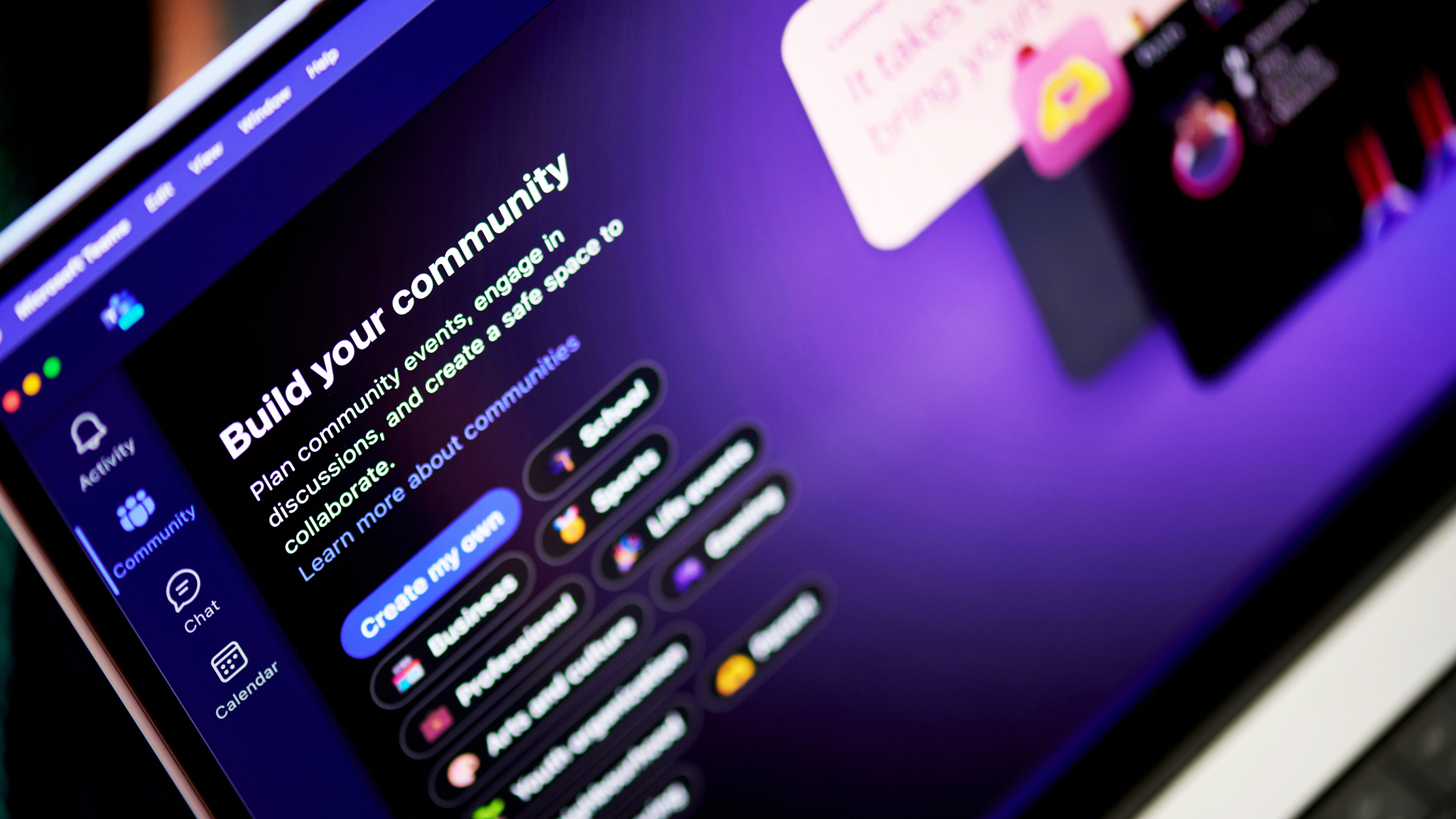Will jilted Windows phone fans buy into Microsoft's mobile vision — or care?
Many Windows phone fans no longer trust Microsoft. That may be bad news for any future moves Microsoft makes in mobile.
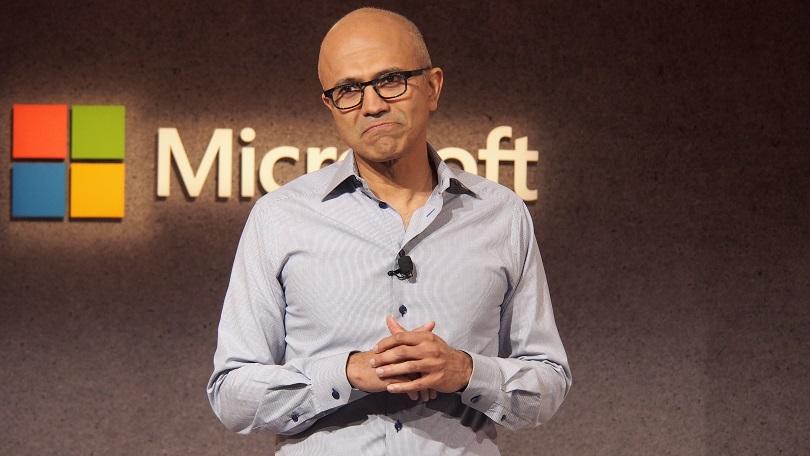
Trust is the foundation for any relationship. Trust is built on mutual respect and predictability, trust can be hard to earn, and trust can be nearly impossible to restore when lost. Trust is key, in both personal relationships and those between a business and a customer. Like Microsoft and the forever-jilted Windows phone user.
Sadly, Microsoft has lost the confidence of many, if not most, current and former Windows phone users. Though there is skepticism about Microsoft's potential return to mobile, many ex-Windows phone users have already resolved never to embrace anything Microsoft brings to the mobile space.
The trust is gone. And that's bad news for Microsoft.
The Disconnect
Microsoft is a company with a history of in-fighting and poor team interaction.
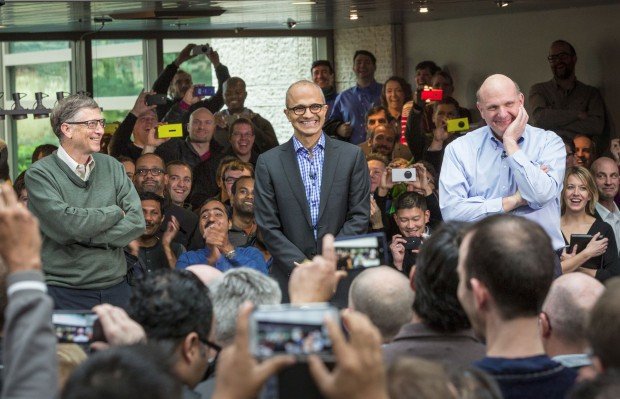
This began to change under the "One Microsoft" initiative led by former CEO Steve Ballmer. Current CEO Satya Nadella has also worked to transform the company's culture from one plagued with fear of failure to one that embraces taking chances and learning from mistakes. During a recent Facebook Live broadcast one Microsoft employee called this idea "failing forward."
In fact, in a 2016 interview about Microsoft's cultural shift General Manager of Office Labs Chris Pratley, told Windows Central:
Now we're back to catering to the actual people who use our stuff, the goal is "customer love" and it is quite refreshing.
Given this apparently sound foundation, Microsoft's failure in mobile is exceedingly profound; but not because Windows phones failed in the market. Products fail. It is the manner in which Microsoft mishandled its dedicated customer base which did not reflect the consumer-focused mission to which the company claims to be espoused.
All the latest news, reviews, and guides for Windows and Xbox diehards.
Building Trust
In 2010 Microsoft's Windows Phone 7 brought something unique to the mobile space. The bold marketing which accompanied the product's introduction conveyed Microsoft was serious about mobile. Consumers (though in small numbers) began passionately embracing Microsoft's take on mobile which was drastically different than Apple's and Google's.
The fluid Live Tile-based UI, deeply integrated social networks that merged with the OS and Photo's Hub, Rooms, hubs and more won over many users. Windows Phone was so impressive that the company's Ben Rudolph ran the popular "Smoked by Windows Phone" campaign where random people's iPhone's and Android phones were beaten by Windows phone's at various tasks. Rudolph even replaced the losers "inferior" phones with Windows phones. Was there really once that much pride and confidence in Windows phone?
With Microsoft's apparent full commitment to mobile backing our zeal, fans evangelized the platform and convinced others to try it. We endured the platforms shortcomings and lack of developer support confident that "the next update" or "next flagship" would perhaps level the playing field. We trusted Microsoft.
Losing Trust
We knew that Microsoft couldn't make the market and developers accept Windows phone, but we believed (or hoped) Microsoft would do all that it could to help it succeed. That expectation began fading from view as the reality of Microsoft's weak commitment became apparent.
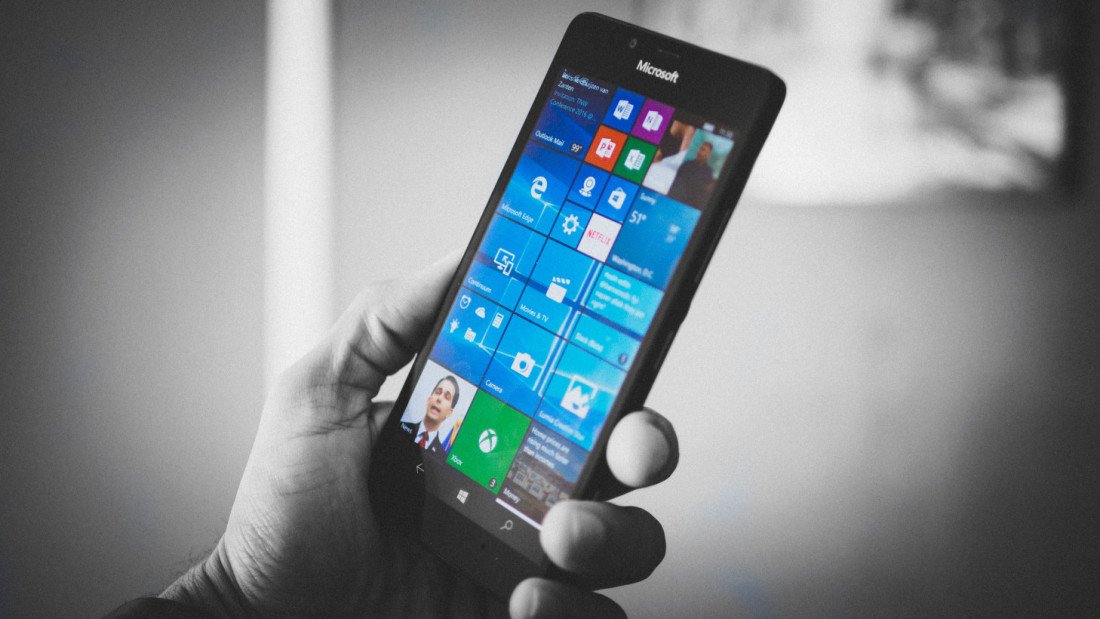
Though we remained hopeful fans started giving voice to their discontent when they perceived early "betrayals" from Microsoft. Windows Phone's 7.5's leap to Windows Phone 8 stranded fans on devices that could not be upgraded. Windows Phone 7.8, which provided Windows Phone 8 features like resizable tiles, was a bone Microsoft tossed these abandoned users. Sadly, my HTC Titan on ATT never got the 7.8 upgrade.
We understand that Microsoft's move to Windows Phone 8 was a step toward OneCore and hardware requirements necessitated leaving some folks behind. Fans were angered nonetheless, and things didn't get better from there.
Windows Phone 8.1 removed most of the unique aspects of Windows Phone that won users over. For many, Microsoft's "progress" felt either like a bait-and-switch or an abandonment of its own vision. Users complained that Microsoft hooked us with a unique platform only to make it more like iPhone and Android over time.
Paradise Lost
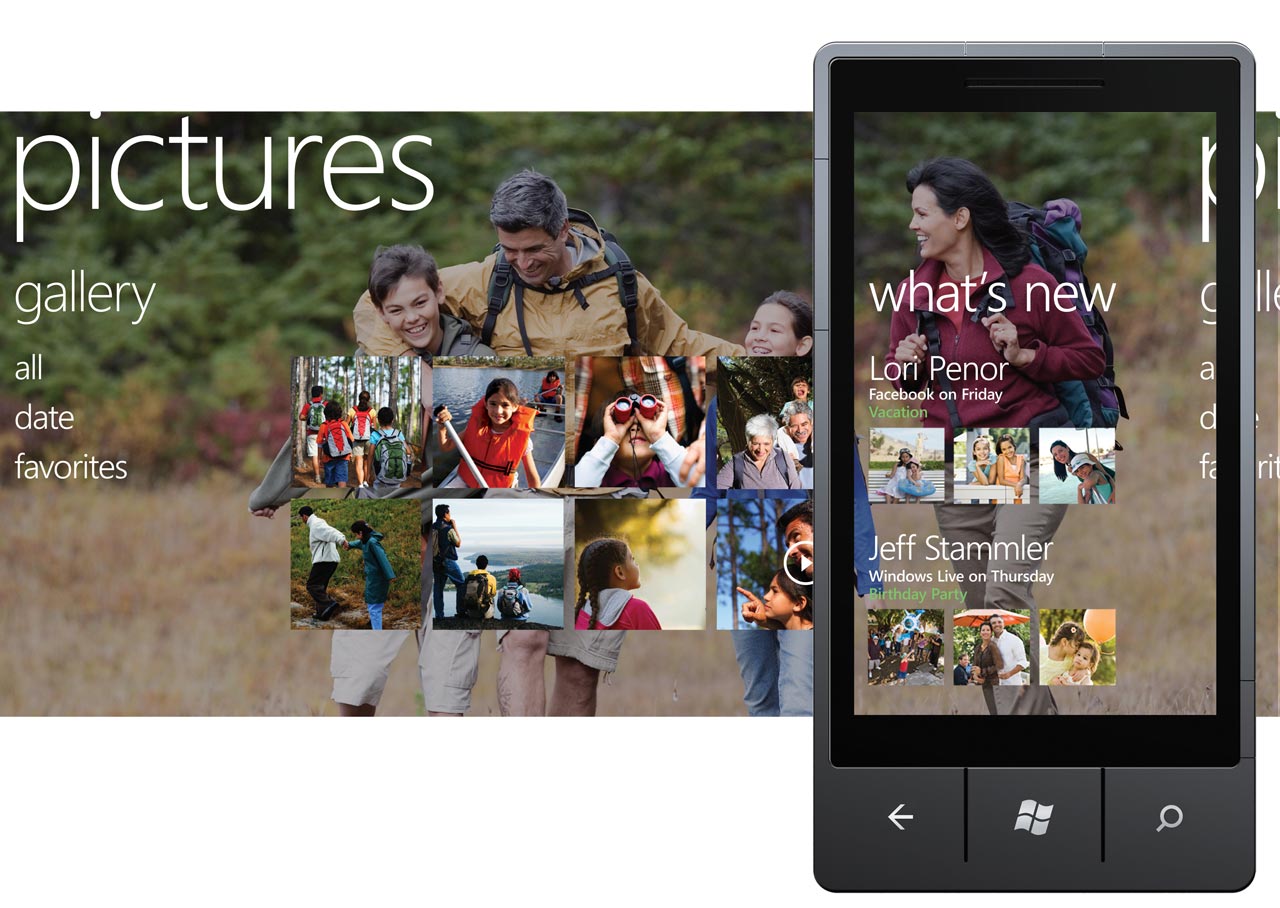
Two casualties of change were the unique social network-integrated People and Photo's Hubs which became more like the functional, but aesthetically bland Contacts and Picture apps for iPhone and Android phones. Microsoft even made systemic UI changes (like hamburger menus) to accommodate app developers that never came.
Technically the eradication of Hubs and other features made updating separate apps easier but made Windows phones less "Windows phone." Enthusiast's feelings of betrayal are rooted in a perception that Microsoft abandoned its unique approach to mobile, and by default, those of us who embraced it.
If Microsoft couldn't stay true to its own unique approach to mobile, how could users remain confident in Microsoft's mobile efforts?
No Microsoft, we're not interested
Confidence inspires trust and people will follow those they trust. As Microsoft began exhibiting behavior that could be interpreted as lack of confidence in its own mobile platform the Windows phone fanbase became more vocal with its discontent.
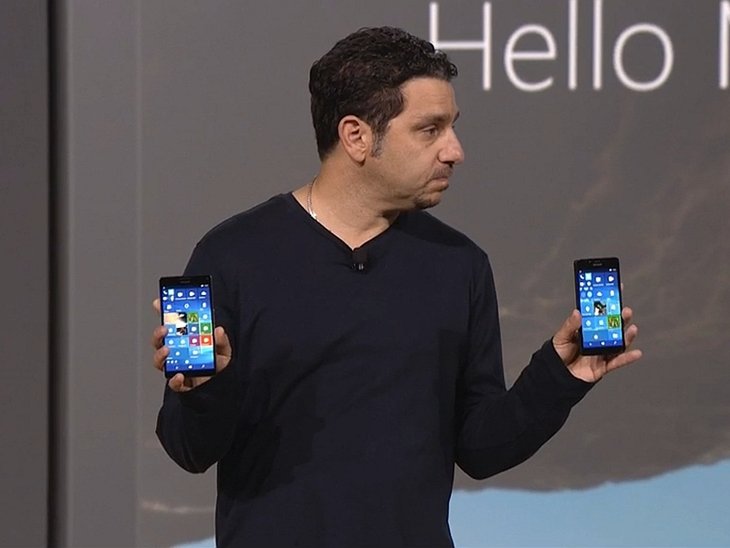
As the OS became less fluid and less aesthetically "Windows phone" as it became more one OS on its way to OneCore, fans were also wondering where the flagships were. Rivals continued their yearly cadence of flagship releases while Microsoft seemed irrationally (to some) committed to flooding the market with low-end devices.
The long-term effect of Microsoft's low-end strategy
Where was the commitment to go head-to-head with high-end hardware? Did Microsoft doubt its own ability to compete? We must remember that for a time the Windows on phone didn't support the hardware rivals platforms supported. But what about when it did?
A Windows phone fan scorned
The lack of flagships resulted in Windows phones being ignored when it came time to compare the latest flagships.
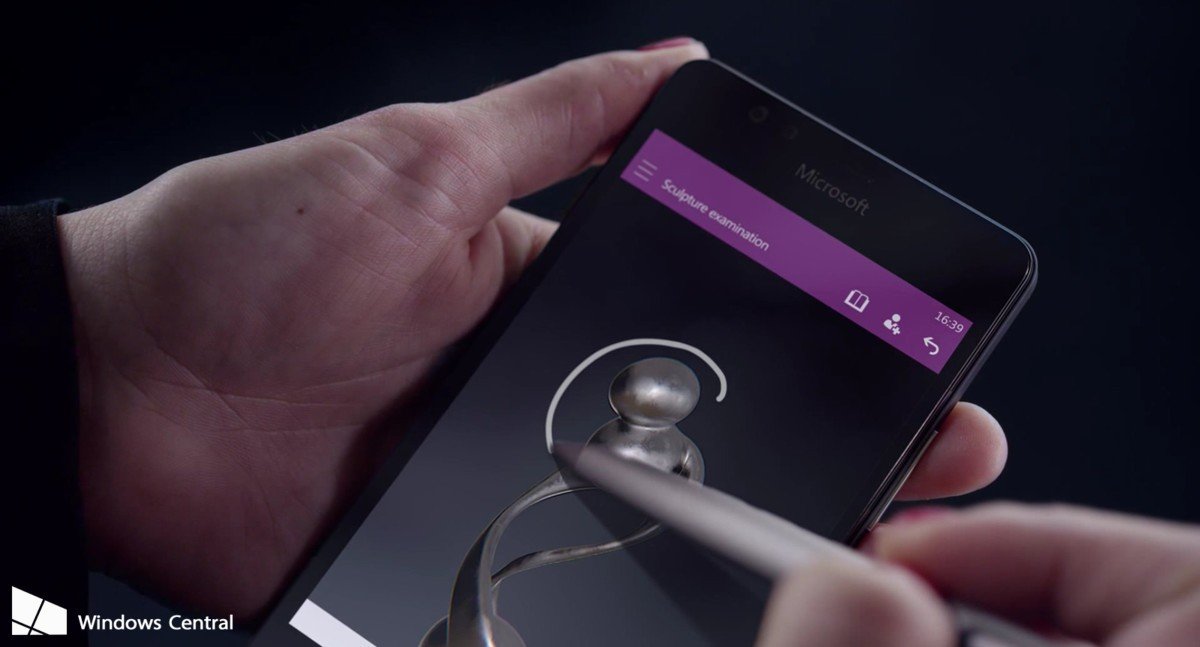
With Windows phones (and its fans) increasingly becoming the joke of the industry and Microsoft's apparent lack of interest in combating the stigma, many users resolved that if Microsoft didn't care neither should they.
Where was the consumer love Microsoft boasted about? Why wasn't Microsoft putting its billons where its mouth is? The app Bridges were built, but Microsoft has done little to encourage their use. The retrenchment strategy left fans, particularly those in regions where Windows phones had respectable share, with little to no options.
Microsoft's focusing of Windows Mobile on the enterprise was a slap in the face to consumers who still loved the platform. Fan's wanted a phone. Microsoft responded, "No phone for you," with little effort to communicate a commitment to a committed base.
Microsoft: Where is everybody?
I've long advocated that Microsoft has a mobile strategy. Microsoft's Andromeda OS, one Windows platform, on a pocketable telephony-enabled PC with CSHell may be what's next. Here's the problem. Even if this device checks all the boxes, creates new boxes and checks those too, Microsoft has lost the trust of its vocal fanbase.

Does Microsoft still care about Windows phone fans?
Goodwill and word of mouth are more powerful and organic than structured marketing. A product endorsed by family or friends is more likely to be adopted than one that has only the one-sided support of a marketing campaign. Conversely a product condemned by family and friends receives a mark that is hard to erase. The condemnation that fans have laid on Microsoft and its smartphone efforts is bad not only for its future mobile efforts but for the company as a whole. These fans have lost trust in Microsoft.
If Microsoft reenters mobile, it will have to work hard to prove its commitment to its own mobile vision and the consumers it has spurned. A cutting-edge device won't suffice, a relationship is key. I'm reminded of Steve Urkel's persistent pursuit of Laura Winslow from the popular sitcom Family Matters. Urkel's unrelenting persistence and commitment finally won Laura's heart. Can Microsoft do the same for its former fans?
Or does the company's leadership consider the profoundly tiny market represented by Windows phone fans inconsequential to its future in mobile? If so, are they right?

Jason L Ward is a Former Columnist at Windows Central. He provided a unique big picture analysis of the complex world of Microsoft. Jason takes the small clues and gives you an insightful big picture perspective through storytelling that you won't find *anywhere* else. Seriously, this dude thinks outside the box. Follow him on Twitter at @JLTechWord. He's doing the "write" thing!
